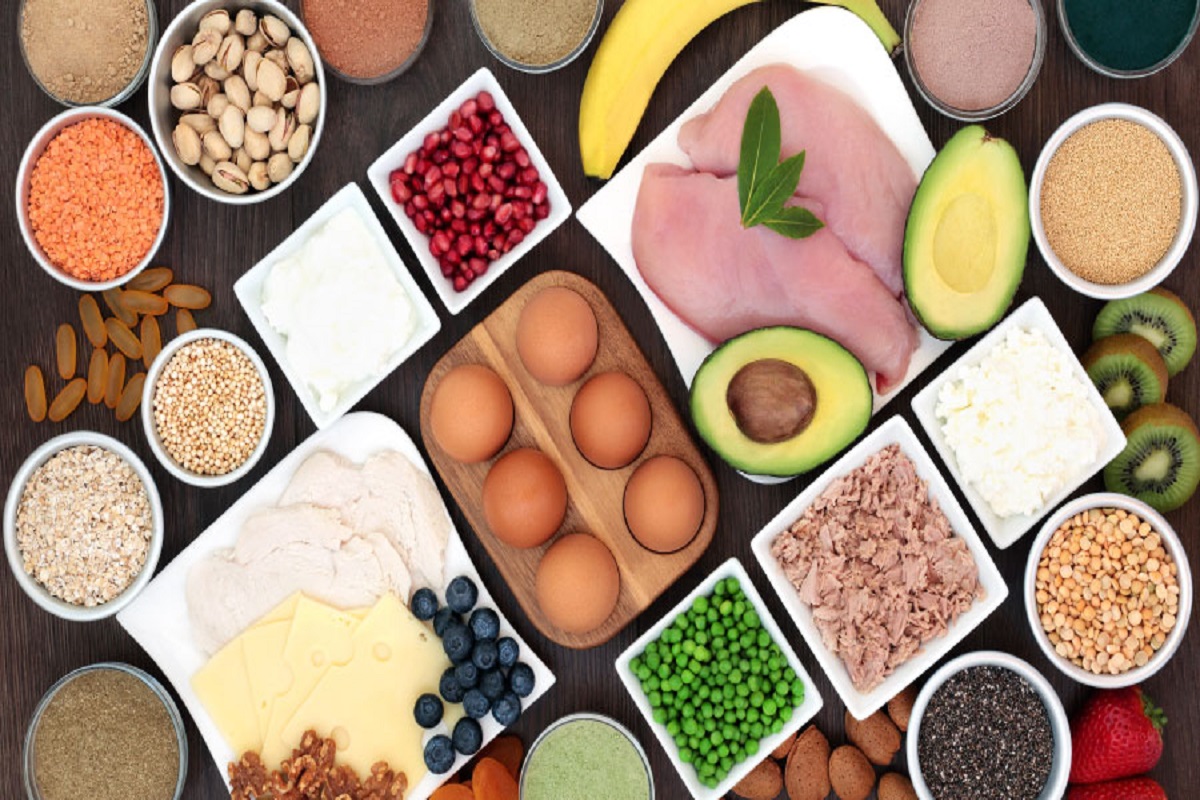Broiler chickens and eggs are widely used to meet the demand for meat in many countries. Insufficient meat intake can lead to various health issues, hinder children’s development due to the lack of essential nutrients, and reduce the quality of breast milk in pregnant mothers.

A deficiency in meat consumption can accelerate the aging process and result in muscle weakness in adults. In this discussion, we’ll explore alternative sources of protein for those looking to replace or reduce their meat intake.
Various types of fish, such as horn fish, magur fish, poa fish, tilapia fish, and Sarputi fish, can serve as meat substitutes. Khichuri, a dish made from different types of pulses, can effectively meet your vegetarian protein needs.
Nuts and seeds play a crucial role in meeting dietary requirements. Chinese almonds, cashew nuts, and pumpkin seeds are highly beneficial sources of protein. Consuming just one cup or 100 grams of nuts and seeds provides more than 15 grams of protein.
Incorporating essential vegetables like spinach and green leafy vegetables into your daily diet can also help meet your protein needs. For example, one cup of small cabbage contains three grams of protein, and the same amount of cow’s milk contains approximately 3.4 grams of protein.
Milk is often regarded as an ideal food and can be complemented with cheese and yogurt. Jackfruit is gaining popularity as an alternative protein source in many countries. A substantial serving of jackfruit can provide between two and a half to three grams of protein.
Mushrooms are another excellent source of protein, with a single 100-gram mushroom containing more than three grams of protein. They are also known for their ability to enhance bone strength.
It’s important to note that protein-rich foods take a longer time to digest, so it’s advisable to avoid consuming high-protein foods at night. Instead, incorporate these alternative protein sources into your daily meals to maintain a balanced and nutritious diet.
Leave a Reply